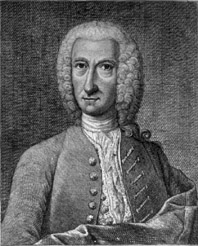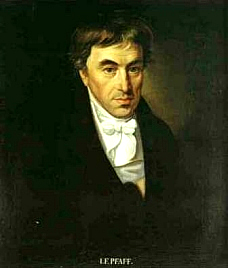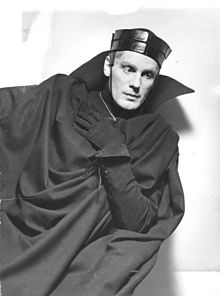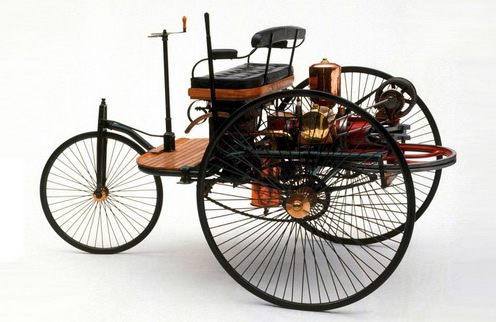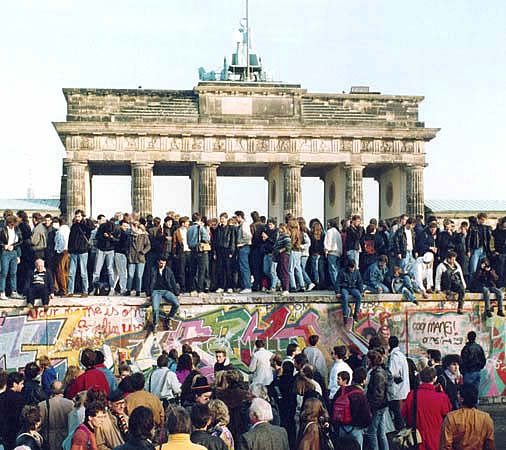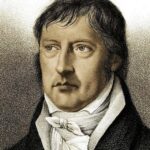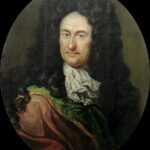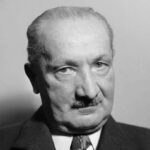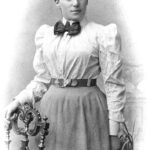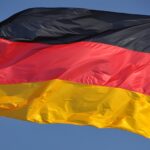December 22, 1694
Birth of Hermann Samuel Reimarus in Hamburg, Germany. Reimarus was a Deist who taught at a Gymnasium in Hamburg. Though he published theological works during his lifetime, his lifetime work, Apologie oder Schutzschrift die vernunftigen Verehrer Gottes, was yet unpublished at the time of his death. Gotthold Lessing was the first to publish parts of the work which evoked wide ranging controversy. The most controversial idea was Reimarus’s insistence that Jesus was simply a normal human with messianic illusions.
December 22, 1765
Birth of Johann Pfaff in Stuttgart, Germany. The mathematician proposed the first general method of integrating partial differential equations of the first order. The term “Pfaffian problem” was originated in his honor.
December 22, 1818
Birth of St. Konrad von Parzham (1818-1894) in Parzham, Bavaria. From his youth he had wanted to enter a monastery and become a priest. He was rejected repeatedly, however. Finally at age 30 he was accepted into the Capuchin monastery in Altotting, Bavaria. He spent the next 41 years in prayer. He died on April 21, 1894. He is buried in the church of the monastery which has been renamed the Brother Konrad Church. Konrad was canonized by Pope Pius XI in 1934.
December 22, 1848
Birth of Ulrich von Wilamowitz-Moellendorff in Markowitz, Germany. Wilamowitz-Moellendorff was a classicist at the University of Berlin. He is noted for his outstanding work, primarily in Greek studies. He effectively crippled the classics career of Friedrich Nietzsche through his scathing review of Nietzsche’s first book, Die Geburt der Tragödie. Nietzsche at that time was a young professor at the University of Basel.
December 22, 1899
Birth of Gustaf Gründgens in Dusseldorf, Germany. Gustaf Gründgens, born Gustav Heinrich Arnold Gründgens, was one of Germany’s most famous and influential actors of the 20th century, and artistic director of theaters in Berlin, Düsseldorf, and Hamburg.
December 22, 1900
The first car to be produced under the “Mercedes” name is delivered to its buyer: Emil Jellinek, the Austrian car racer, auto dealer to the rich and famous. Jellinek had commissioned the Mercedes car from the German company Daimler-Motoren-Gesellschaft. It was faster, lighter, and sleeker than any car the company had ever made before, and Jellinek was confident that it would win races so handily that besotted buyers would snap it up. (He was so confident that he bought 36 of them, paying D-M-G 550,000 marks in all.) In exchange for his extraordinary patronage, the company agreed to name its new machine after Jellinek’s 11-year-old daughter, Mercedes.
December 22, 1950
Death of Walter Damrosch in Breslau, Germany (now in Poland). Damrosch was brought to the United States as a child. A conductor, he was a specialist in the works of Richard Wagner. He conducted the New York Symphony Society, the New York Oratorio Society and the Metropolitan Opera Company. In 1894 he organized and directed the Damrosch Opera Company which specialized in German operas. He also composed several operas, none of which has achieved renown.
December 22, 1989
Re-opening of the Berlin Wall at the Brandenburg Gate. Berlin’s most famous landmark, the Brandenburg Gate has been opened for the first time in almost three decades. Thousands of people spilled on to the city’s streets cheering in the pouring rain to watch the historic ceremony which effectively ends the division of East and West Germany.
The 200-year-old gate was built as a monument to Prussian power and it embodied German unity until Hitler’s defeat at the end of the Second World War. It subsequently became one of the most potent symbols of Cold War division of Germany and of Europe.
Back to Today in German History Calendar
